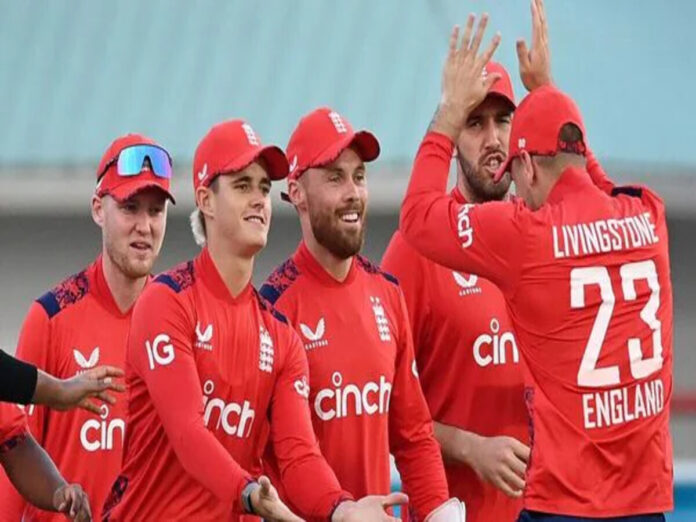UK politicians are calling for England to boycott their upcoming match against Afghanistan in the ICC Champions Trophy 2025, scheduled for February 26, due to concerns over the treatment of women under the Taliban regime.
More than 160 politicians, including Labour MP Tonia Antoniazzi, have signed a letter urging the England and Wales Cricket Board (ECB) to take a stand against what they describe as “horrific treatment” of women and girls in Afghanistan.
The Politicians’ Appeal
In their letter to ECB chief executive Richard Gould, the politicians emphasized the need for England’s players and officials to speak out against the “grotesque abuses” occurring in Afghanistan.
They argue that a boycott would send a strong message of solidarity and hope to Afghan women and girls, highlighting that their suffering has not gone unnoticed. The letter specifically calls for action against what they term “sex apartheid” in Afghanistan.
ECB’s Response
In response to the call for a boycott, Richard Gould stated that while the ECB strongly condemns the treatment of women and girls in Afghanistan, they believe in a coordinated approach rather than unilateral actions.
Gould mentioned that the ECB prefers all member nations of the International Cricket Council (ICC) to work together on this issue rather than acting alone.
He pointed out that past actions, such as Australia withdrawing from several series against Afghanistan due to similar concerns, demonstrate the need for a unified stance.
Gould further explained that the ICC Constitution mandates all member nations to support the growth and development of women’s cricket.
The ECB has already decided not to schedule any bilateral matches against Afghanistan until there is significant improvement in women’s rights under Taliban rule.
The Broader Context
Since regaining control of Afghanistan in August 2021, the Taliban has effectively banned female participation in sports and imposed severe restrictions on women’s rights across various sectors.
This situation has led to widespread criticism from international communities and human rights organizations.
While some countries have taken steps such as boycotting matches against Afghanistan, others have continued to engage with them in international competitions.
For instance, Australia played against Afghanistan in both the 2023 ODI World Cup and the 2024 T20 World Cup despite earlier withdrawals from bilateral series.


